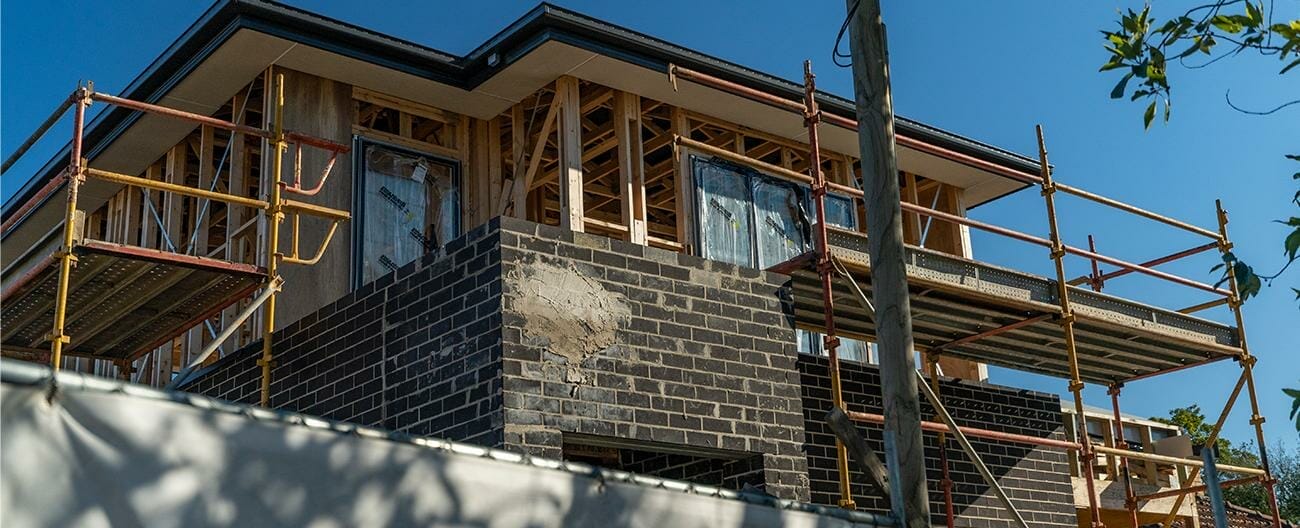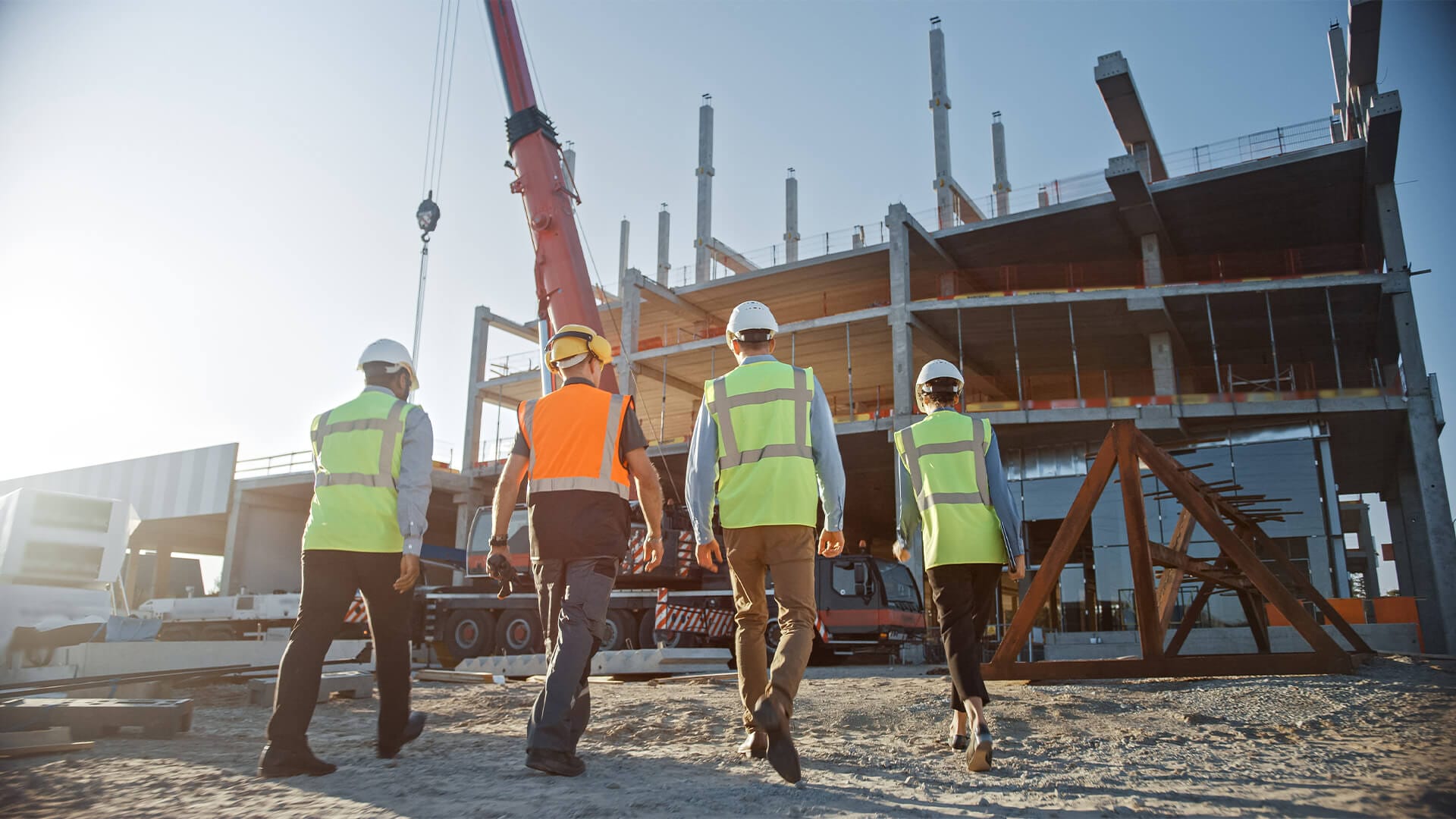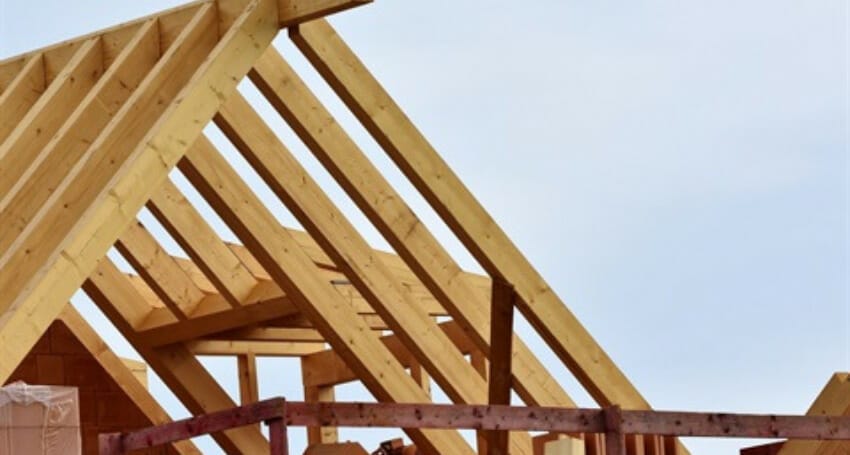The world of construction is vast and intricate. At its core, the concept of construction requires an amalgamation of careful planning, robust execution, and vigilant adherence to codes and laws. A significant component of this is the realm of construction permits. This article will delve into the various construction permit types and the significance each holds in the construction process.
What is a Construction Permit?
A construction permit, often referred to as a building permit, is an official approval granted by local governmental agencies. This approval ensures that construction plans comply with local regulations and building codes. Such permissions are essential for safeguarding the safety, health, and general welfare of the inhabitants.

When is a Permit Required?
Whether you’re eyeing new construction, remodelling, or even demolishing, a permit is typically required. For example, if you’re erecting a new structure or making significant alterations to existing buildings, you’ll most likely need a building permit. The overarching principle is that any significant construction work, be it residential or commercial, needs the nod from the authorities in the form of permits.
Different Types of Construction Permits
Given the variety of construction projects, there isn’t a one-size-fits-all when it comes to permits. Here’s an overview of the common types of building permits:
1. New Construction Permits
For entirely new structures, new construction permits are required. These permits are essential for both residential and commercial construction.
2. Commercial Building Permits
Commercial construction refers to buildings or structures meant for business operations. Obtaining commercial building permits is crucial as these structures often have different codes and regulations than residential ones.

3. Foundation Only Permit
Sometimes, a construction project may only require changes or reinforcement to the foundation. In such cases, a specialized foundation-only permit is sought.
4. Demolition Permits
Before taking down an existing structure, one will need a demolition permit. This permit is required prior to any dismantling actions.
5. Permits for Construction Trailers
Often, a construction crew will need a place for their operations base, tools, and sometimes for resting. Construction trailers serve this purpose. However, to park these trailers on the site, a specific permit is required.
6. Residential Construction Permits
Specifically meant for homes and residential units, these permits are crucial for ensuring safe and sustainable housing structures.
The Permit Application Process
Securing a permit isn’t as simple as just asking for one. It involves an intricate process that ensures safety and code compliance. Here’s a brief breakdown:
-
- Submit Construction Plans: Before any permit is issued, construction plans must be submitted to the respective agency for evaluation.
- Review Phase: The submitted plans undergo a thorough review to ensure they meet all local regulations and building codes.
- Issuance: Once approved, the building permits provide applicants with the green light to commence construction work.
- Inspection: Throughout and after the construction process, inspections are carried out to ensure the actual work aligns with the approved plans.
Commercial vs. Residential Construction Permits
While some aspects of the permit process are common to both, there are nuances in how permits for commercial construction differ from residential ones. Commercial construction often involves more extensive plans, greater risks, and more substantial compliance requirements. As a result, the commercial construction permit process might be more rigorous.

How Do You Get a Building Permit?
Obtaining a building permit involves several steps that ensure construction projects adhere to safety and zoning regulations. Firstly, you need to determine the specific requirements of your locality, as permit processes vary between regions. Generally, the process entails submitting a detailed application outlining the project’s scope, blueprints, and site plans. This submission is reviewed by relevant authorities, including building, zoning, and fire departments. Depending on the complexity of the project, additional permits like plumbing or electrical might be needed. Once approved, the permit allows you to commence construction legally and serves as a crucial document for inspections throughout the project’s lifecycle.
Conclusion
Every construction, big or small, begins with a vision and a plan. However, for that plan to materialize, it’s imperative to go through the right channels and obtain the necessary permits. Whether you’re building a new home, setting up a commercial establishment, or even just parking construction trailers on-site, understanding and obtaining the right building or construction permit is non-negotiable. It safeguards the interests of all stakeholders and ensures that structures stand the test of time and safety regulations.




